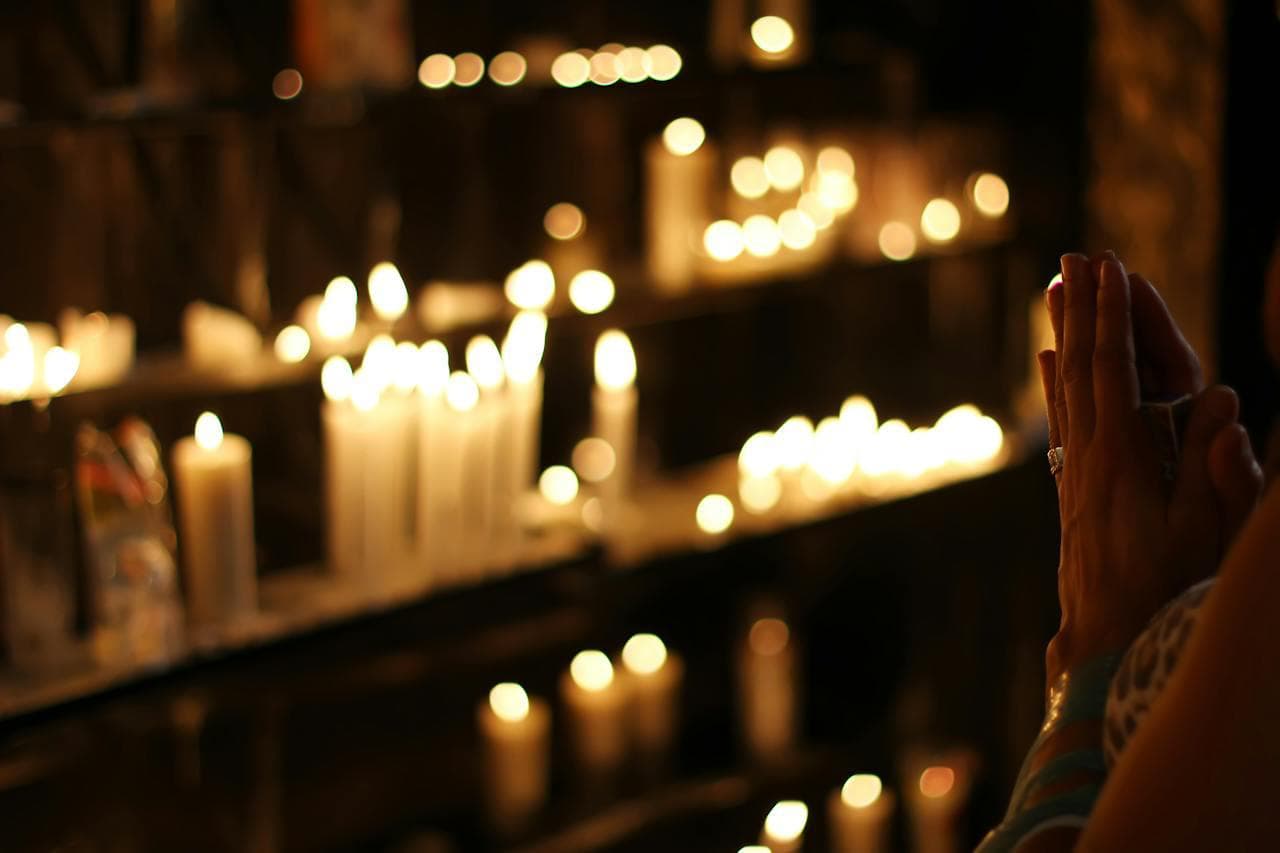
Religion, with its profound impact on human history and culture, has often been a source of inspiration for filmmakers seeking to explore the complexities of faith, spirituality, and the human condition. In this article, we delve into the diverse world of movies that tackle the theme of religion, examining how cinema has portrayed and questioned the various aspects of belief systems and their influence on individuals and societies.
“The Passion of the Christ” (2004): A Cinematic Revelation
Mel Gibson’s “The Passion of the Christ” stands as a landmark in movies about religion, offering a powerful portrayal of the last 12 hours of Jesus Christ’s life. Known for its unflinching and visceral depiction of the crucifixion, the film sparked debates on the portrayal of religious figures in cinema. “The Passion of the Christ” not only became a box office success but also prompted discussions about the responsibility of filmmakers when tackling sacred and religious narratives on the big screen.
“Life of Pi” (2012): Spirituality and Survival
Ang Lee’s adaptation of Yann Martel’s novel, “Life of Pi,” weaves a visually stunning narrative that explores themes of spirituality, survival, and the power of belief. The protagonist, Pi Patel, finds himself stranded on a lifeboat in the Pacific Ocean with a Bengal tiger named Richard Parker. The film invites viewers to contemplate the role of faith in the face of adversity, presenting a unique perspective on how religious beliefs can provide solace and meaning in the most challenging circumstances.
“The Ten Commandments” (1956): Epic Tale of Faith and Freedom
Directed by Cecil B. DeMille, “The Ten Commandments” is an epic biblical drama that recounts the story of Moses and the Exodus. With Charlton Heston in the lead role, the film unfolds against the grandeur of ancient Egypt and the awe-inspiring miracles associated with Moses. “The Ten Commandments” not only explores themes of faith and divine intervention but also addresses issues of justice, freedom, and the consequences of disobedience to a higher power.

“The Tree of Life” (2011): A Cinematic Meditation on Existence
Terrence Malick’s “The Tree of Life” stands as a cinematic masterpiece that delves into the existential questions surrounding life, creation, and the search for meaning. The film weaves together the story of a 1950s Texas family with cosmic and natural imagery, creating a contemplative narrative that transcends traditional storytelling. “The Tree of Life” explores the complexities of faith, the existence of God, and the interconnectedness of all living things, inviting viewers on a spiritual journey that transcends conventional cinematic boundaries.
“Agora” (2009): Clash of Faith and Science
Alejandro Amenábar’s historical drama “Agora” is set in ancient Alexandria and revolves around the life of Hypatia, a female philosopher and mathematician. As the Library of Alexandria faces destruction, the film unfolds against the backdrop of religious conflicts between Christians and pagans. “Agora” delves into the clash between faith and science, highlighting the challenges faced by those who dared to question established religious doctrines. The film prompts viewers to reflect on the historical tensions between reason and religious dogma, providing a lens through which to examine the enduring struggle for intellectual freedom.
“The Apostle” (1997): Redemption and Religious Fervor
Written and directed by Robert Duvall, “The Apostle” is a character study that follows Sonny Dewey, a charismatic Pentecostal preacher. After committing a crime, Sonny undergoes a transformation, exploring themes of redemption, forgiveness, and the complexities of religious fervor. Duvall’s portrayal earned him critical acclaim, and the film presents a nuanced exploration of the personal and communal aspects of faith, offering a glimpse into the world of evangelical Christianity in the Southern United States.
Movies about religion offer a lens through which audiences can explore, question, and appreciate the diverse tapestry of beliefs that shape our world. These films, whether tackling the life of a religious figure, exploring the intricacies of personal faith, or presenting epic biblical narratives, contribute to a broader conversation about the role of religion in shaping human experiences and values.
As cinema continues to evolve, the exploration of religious themes on the big screen provides an opportunity for filmmakers to engage with complex and universal aspects of the human condition. Whether through visually stunning depictions of biblical tales or thought-provoking narratives that challenge established beliefs, movies about religion have the power to spark conversations, foster understanding, and offer new perspectives on the enduring quest for meaning and purpose in our lives.





